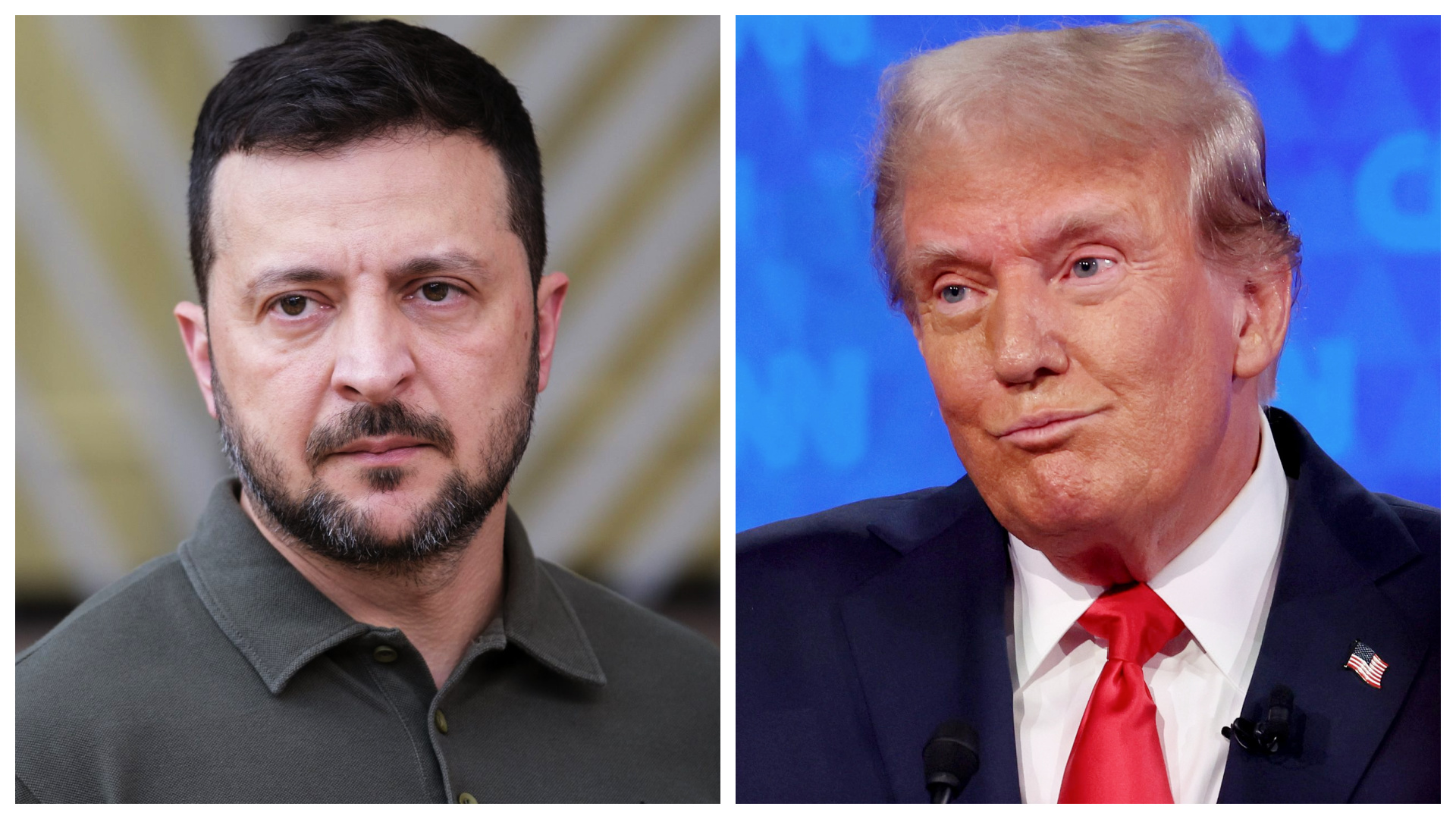Most Americans reject Trump and support birthright citizenship
One of Donald Trump’s most polarizing campaign promises has been his pledge to get rid of birthright citizenship on his first day back in office. But the move to get rid of this constitutionally enshrined right might be a political loser according to a new survey.
On May 30th, the former president rehashed one of his old long-held political promises and pledged he would get rid of birthright citizenship in the United States via Executive Order after his reelection in an oddly unsettling campaign video posted to social media.
The main focus of the video was a long-winded whine about illegal immigrants and how Joe Biden was responsible for letting millions of them into the country unlawfully, which would allow their future children to become citizens and take advantage of the country.
“My policy will choke off a major incentive for continued illegal immigration, deter more migrants from coming, and encourage many of the aliens Joe Biden has unlawfully let into our country to go back to their home countries,” the former president explained.
Trump’s promise was that he would stop the flow of migration and sign an order “making clear to federal agencies that under the correct interpretation of the law, going forward the future children of illegal aliens will not receive automatic U.S. citizenship.”
While this strategy might play well with the former president’s hardcore base, it is not a political winner with the rest of the country according to a recent poll from YouGov and The Economist that found a majority of Americans are in favor of birthright citizenship.
Respondents were asked the following question: “The U.S. Constitution says that all persons born in the U.S. are citizens, regardless of whether their parents were here legally. Should the U.S. continue to provide citizenship to all who are born here?”
The survey polled 1500 American adults from June 3rd to the 6th and showed that 60% of respondents said the United States should continue giving citizenship to anyone who was born within its borders regardless of the immigration status of their parents.
One-quarter of respondents said that the United States should not continue to provide citizenship to all who were born within its borders while 15% of adults polled said they were unsure, which means Trump’s promise is likely to work against him in the election.
Among those who were in favor of continued birthright citizenship was a nearly even split between men and women at 57% and 62% respectively while 29% of men and 22% of women were against continuing to give citizenship to all born in America.
Interestingly, 79% of the people who said they were Biden voters in 2020 agreed with continued birthright citizenship while 48% of people who wanted to end the program said they voted for Trump, indicating a lot of independent voters were still in play.
The policy of continued birthright citizenship in the United States was strongly supported by Blacks and Hispanics with two-thirds of each group saying they wanted to keep it, which was followed by 60% of White adults.
When it comes to the rural and urban split in America, it didn’t exist in this poll with 57% of each geographic area's respondents saying they were in favor of the citizenship being given to anyone born in the United States.
Ideologically, liberals were more likely to say they wanted to keep birthright citizenship with 84% in favor of the policy, followed by 64% of moderates and 39% of conservatives.
A majority of Americans regardless of gender, demographics, geography, and ideology seem to be in favor of the United States continuing to give anyone born in the country the right to citizenship—and this could be an early predictor of how 2024 will unfold.
The Hill noted that even if the former president is reelected it is unlikely he will have the ability to use an Executive Order to get the right of birthright citizenship since the policy is constitutionally protected according to most constitutional law experts.
Birthright citizenship was introduced three years after the American Civil War according to Reuters and granted all people born in the United States citizenship, overturning a Supreme Court ruling that barred it for children of slaves and free African Americans.
More for you
Top Stories






























